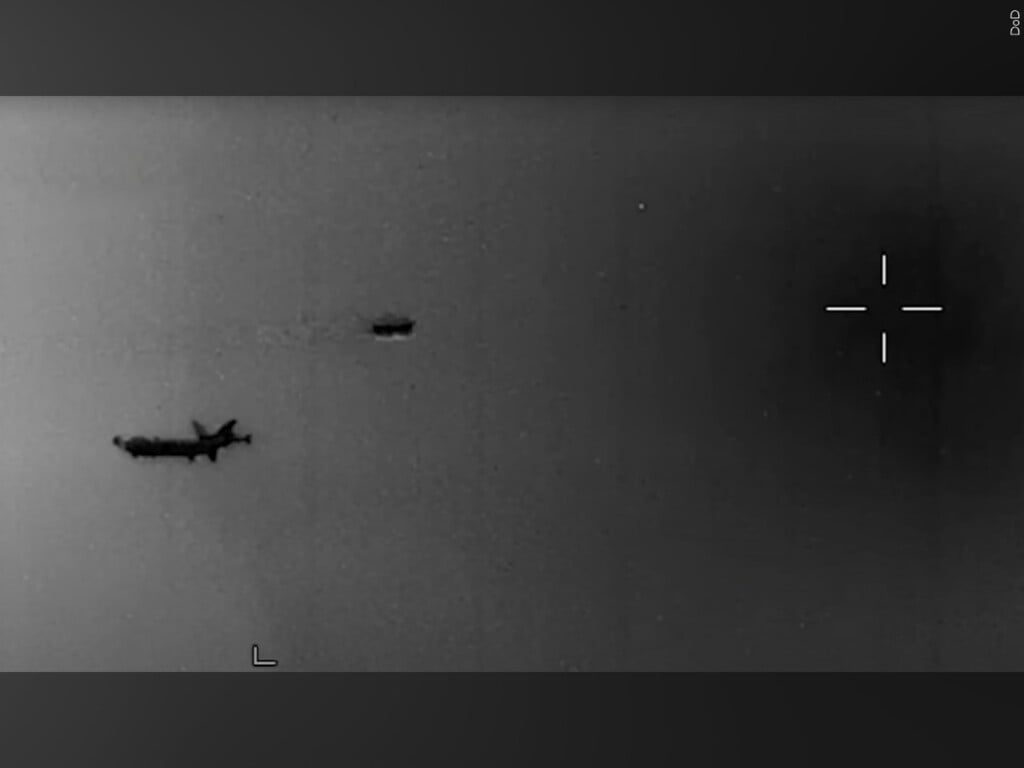Drug distributor McKesson said it’s “reviewing the complaint” and “will respond in a timely manner.” The maker of the drug said it “takes patient safety very seriously and stands behind the safety of all its products.”
“What we know is that gadolinium, this dye that’s used, can actually deposit in tissue, that’s known now. What we don’t know is that it is actually associated with symptoms in patients,” said CBS News medical contributor Dr. David Agus.
Agus said he doesn’t want patients to be scared of a test that could save their life.
“These are critical tests. I don’t want worry initially, without real substantive data, to actually stress people out,” Agus said.
That’s a point that Gena agrees with. “We don’t want to see that go away. It saves countless lives and that needs to stay,” Gena said.
But she says had she thought there were risks, she would not have allowed the drug to be used. “For all those people that are thinking about getting an MRI, there needs to be some stricter warnings.”
The FDA started looking at this in 2015 and earlier this year said it had not identified any harmful effects from gadolinium that stayed in the brain.
But in September, an advisory committee did vote to change the drug labels to warn that some of the chemical may remain in certain organs, and recommended risk minimization steps for specific patient populations.





Leave a Reply